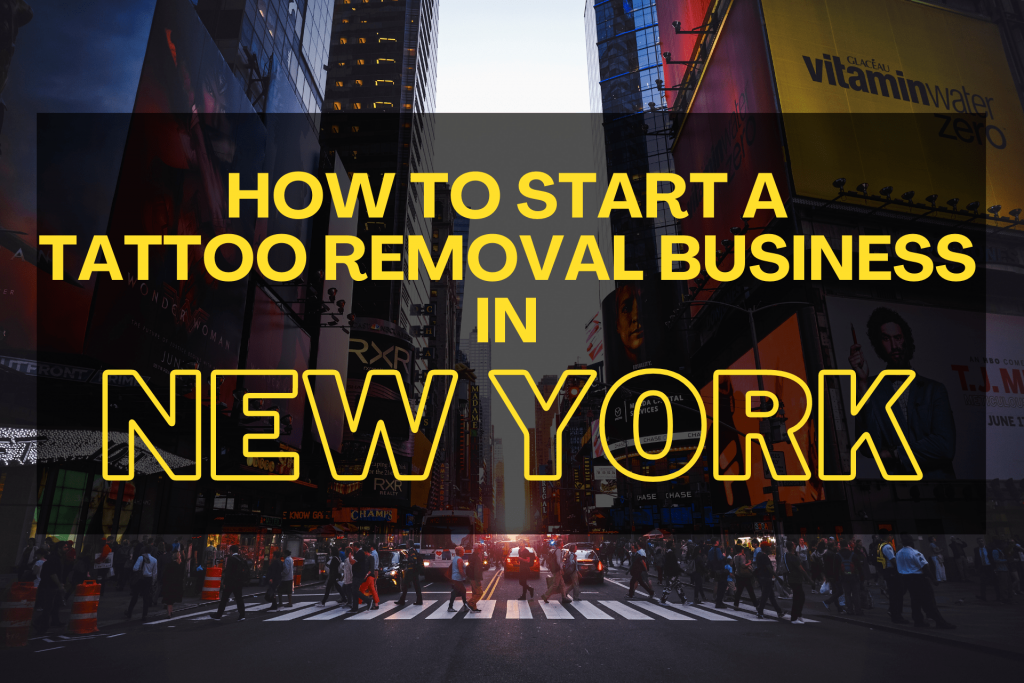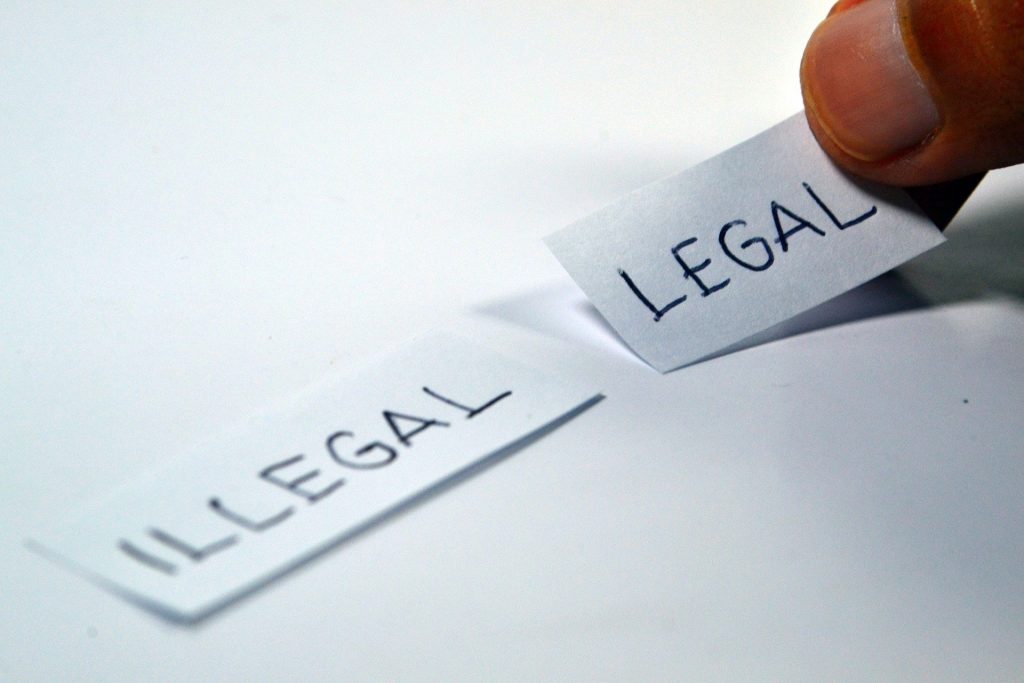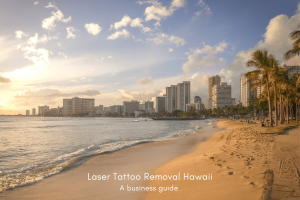
What seems like a good idea at the moment might not seem so few years down the line. This is why tattoo removal has potential. It helps people undo mistakes which for a very long time appeared to be unalterable. More than 6 million people in New York have tattoos. Given that tattoo regret is very common, this could be a huge prospective client base for tattoo removal. Laser tattoo removal is the safest and most cost-effective choice of treatment. Starting a clinic/practice which offers laser tattoo removal can generate great returns.
Tattoo Removal Business Start Up
When starting a tattoo removal business, there are several crucial things to consider, plan, and implement. For a step-by-step guide to starting a tattoo removal business, click here. The business will also require insurance coverage. For a detailed analysis of which insurance covers the business will need, click here.
It ultimately comes down to this: laser tattoo removal.
Laser removal has emerged as the go-to treatment. It is effective and comparatively safe, being a non-invasive skin treatment. A laser tattoo removal clinic can be a highly profitable business.
New York Tattoo Removal Laws
To ensure that the business functions smoothly, the clinic must meet necessary state laws and regulations. New York State laws regarding tattoo removal are difficult to find and confusing. While the radiological health program has been under the New York State Department of Health since 2006, the laser unit continues to be regulated by the New York State Department of Labor. In New York, anyone can own a med-spa. When it comes to the question of who can fire a laser for any medical aesthetic services, there is a legal vacuum.

According to the ‘Consumer Guide to Beauty Salons and Spas’ launched by the NYS Department of State, appearance enhancement licensees (like cosmetologists and estheticians) are prohibited from providing any laser services apart from laser hair removal (see here). Such services are considered to be the practice of medicine and must be provided by licensed medical professionals only. The Division of Licensing Services of the Department of State also establishes that regulation of non-invasive procedures performed using lasers or laser-like devices is not under its jurisdiction. It further states that
“laser hair removal services may be offered in licensed appearance enhancement businesses by licensed practitioners notwithstanding that such services are not included in the course of study for licensure.”
It does not provide any additional information on this.
“Part 50: Lasers” of the industrial code rules of the NYS Department of Labor, mentions the use of lasers in the medical field vaguely. Section 50.2 (b) talks about the use of lasers related to humans. It says that
“Nothing in the Part (rule) shall be construed as limiting the use of lasers in the healing of humans when done by or under the supervision of an individual licensed to practice medicine in the State of New York.”
Such open-ended laws have been interpreted and followed differently. In a hypothetical scenario, the legal structure may allow even a barber to perform a laser surgery (although he wouldn’t do it). Nonetheless, the business should take certain premeditated steps to safeguard itself from any possible violation of medical regulations or safety codes. The clinic must use a registered FDA approved laser machine. Affiliating the clinic with a medical director is also good practice. This not only adds legitimacy to the practice but also ensures medical guidance and support to the business. For safe and regulated use of lasers, the presence of a laser safety officer on-site is also vital. Lastly, the laser operator must be certified by a reputable institute.
Professional Misconduct
Section 6530 of New York State Education Law deals with the various definitions of professional misconduct (See here). These form the grounds of punishment for when a licensed medical professional may face suspension, fine, or revocation of medical license. Particular attention is to be given to the following provisions:
(24) Practicing or offering to practice beyond the scope permitted by law, or accepting and performing professional responsibilities which the licensee knows or has reason to know that he or she is not competent to perform, or performing without adequate supervision professional services which the licensee is authorized to perform only under the supervision of a licensed professional…..
(25) Delegating professional responsibilities to a person when the licensee delegating such responsibilities knows or has reason to know that such person is not qualified, by training, by experience, or by licensure, to perform them;
These statutes suggest that the person performing the procedure (in this case, laser tattoo removal) must have the necessary qualifications/licenses, experience, and training.
New York State Support
The New York State also offers various resources and support programs for newly starting businesses. The Entrepreneurial Assistance Program Centers provides technical support, training, and guidance to aspiring business owners. The NYS Small Business Development Center also provides business counseling, training, field research, and tips on starting a new business in New York. The NYS Empire State Development provides technical and financial assistance to new businesses.
Apart from this, it is also important to ensure that the business has acquired proper tattoo removal equipment, sound insurance policies, a marketing plan, and a well-designed clinic space (See Article). Once these are in place, the tattoo removal business is all set to help people get rid of their tattooed regrets – for years to come!
Market Research
For a complete list of the best tattoo removal clinics in New York, click here.
Note: This article is not an alternative to legal counsel.
*Based on statistics from https://www.ipsos.com/en-us/news-polls/more-americans-have-tattoos-today




